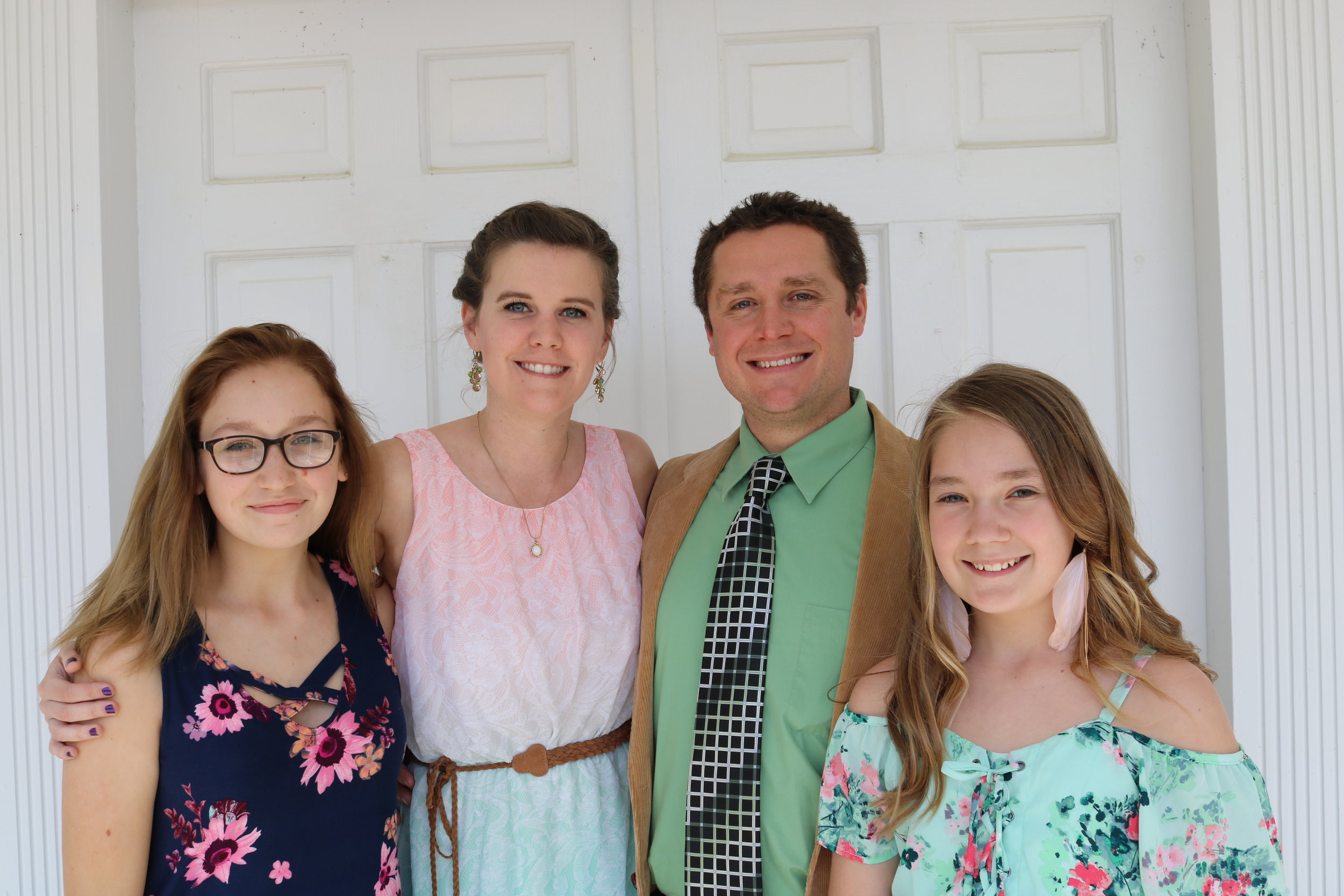Real Life Leading Blog Post #41
Lessons from the Beginning of School
This past Thursday marked the first day of my thirteenth year as a high school teacher, and in those thirteen years, many changes have taken place, both in education and in the rest of life: kids have changed, technology has advanced, my family has changed, etc. Reflecting on these things, I was reminded of two quick thoughts that I wanted to share with you all regarding leadership both in the classroom and outside of it.
First, It is absolutely vital to set expectations early. In my classroom, the first assignment is for the students to write an essay telling me what they hope to get out of the class and telling me a little bit about themselves. We then spend the next forty-five minutes of class going over the rules and procedures (four rules, twenty procedures), detailing what I expect from them: how to enter, how to head papers, how to conduct themselves during class, what they can expect from me, how to exit the room, and everything in between.
Because we go over these expectations early, the students know from the very first day what class will look like and what will be required of them. There is no guess-work about how to do things or how to act. This provides both a structure for the class and stability for the students and for me. If at all possible, in your leadership position, let your team know as soon as possible what the goals and expectations are, so that everyone is on the same page.
Second, I find it is important to believe the best in people while also knowing they will make mistakes. The current group of freshman at my school have long had a negative reputation within the school: loud, obnoxious, disrespectful, lazy, etc. I heard this from multiple teachers, and I'm sure there is some basis for these statements (teachers don't generally lie to each other). However, after reading Bob Burg's book 'The Go-Giver,' and realizing that my job is to help and serve, I realized also that if I go into the year expecting these kids to be awful, then I will see everything they do through that lens. Instead, I also remembered my C.S. Lewis (this is a paraphrase) from 'Mere Christianity': however bad something could be, it also has the potential to be the same amount great.
So I started this year by expecting these kids to be phenomenal. And so far, they have not let me down: they are engaged, they are interested, they show up on time and participate in class, and I'm excited to be teaching a class with such huge potential. Believing the best in them is helping me see the best in them, rather than the reverse. I have found this to be true in other areas as well. Will they be perfect the entire year? Of course not. But I am excited to see just how high their ceiling is, knowing that we've started off in a positive direction.
I hope these two tips help you out this week, and if so, I'd love to hear about it!
Action Step: Within your team, communicate your expectations, and believe the best in people!



